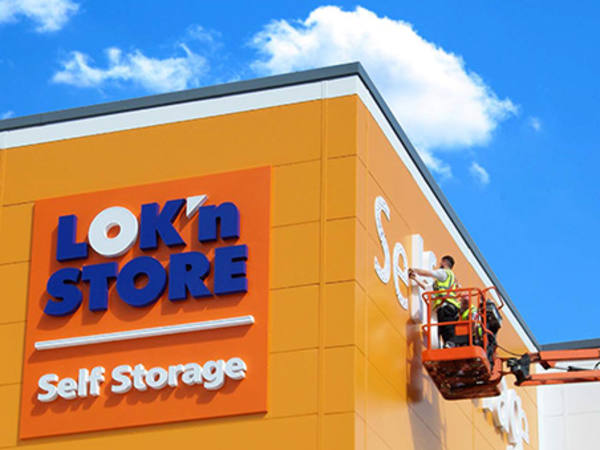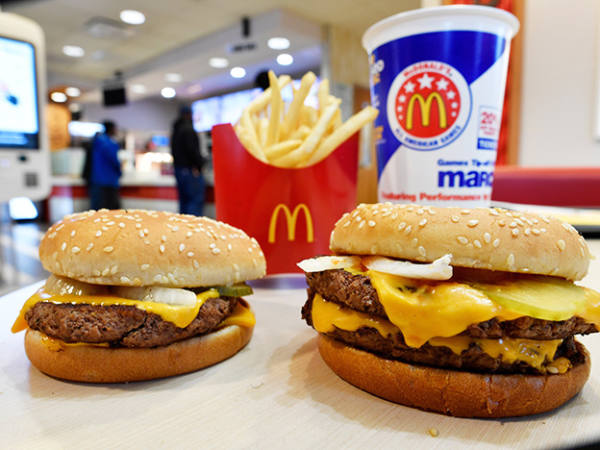A third successive summer of ‘staycations’, as domestic travel has been renamed, is upon us – much to airline operators’ chagrin. Even as Covid-19 restrictions have become a thing of the past throughout Europe, the ‘airmageddon’ unleashed by airports’ languid approach to hiring staff have caused many to holiday closer to home in 2022.
This has created a headache for beleaguered airline operators, who have been forced to reduce capacity over their peak summer trading months. Last month, easyJet’s (EZJ) chief executive, Johan Lundgren, postponed air travel’s return to normal until next summer, as he announced 10,000 flight cancellations. The shares have fallen by 35 per cent over the last three months, with smaller falls of 14 per cent and 26 per cent at rivals Ryanair (RYA) and British Airways owner IAG (IAG), respectively.
Meanwhile, consumers are facing the largest squeeze on incomes in decades, with air travel seeing one of highest levels of price inflation in last month’s consumer prices index. A survey by Retail Economics and Grant Thornton found that a third of UK households plan to decrease their spending on holidays, preferring to cut back by choosing cheaper foreign destinations and domestic travel. In all, Sykes Holiday Cottages’ annual Staycation Index, published last week, estimated that 77 per cent of Brits are planning at least one staycation this year, and nearly half are spending their main summer break in the UK – which could pour an extra £15.5bn into the UK economy this summer. The company estimates the average spend on a domestic holiday is £822.
This has given a boost to purveyors of gear for outdoor activities. Shares in JD Sports Fashion (JD.), which owns Go Outdoors, Blacks and Millets, have bucked the broader retail gloom, rising by a quarter over the last month as its outdoor chains swung back to a profit of £25.9mn in the year to January. JD Sports has credited “elevated demand for holidays in the UK” for its decision to open 11 more branches of its fishing, camping, and cycling shops this year.
Providers of UK holiday lets and hotel rooms are also celebrating. Sykes Holiday Cottages said it had seen a “surge in last-minute bookings”, already up 30 per cent this year over 2021’s pandemic-boosted levels. Chief executive Graham Donoghue expects elevated bookings will continue throughout the summer period and into autumn, saying travellers “simply don’t want to have to tackle airports and take the risk that their family holidays could be cancelled”.
In some cases, the value of the staycation trend has already been realised after two years of pandemic-disrupted holidays. Premier Inn owner Whitbread’s (WTB) shares dramatically halved in late February 2020, but a year later they had recovered 90 per cent of their pre-pandemic value as staycations kept demand more resilient than expected.
Liberum analyst Anna Barnfather noted that the domestic travel boost was yielding uneven rewards geographically. Already, industry data from Coffer CGA Business Tracker shows that like-for-like sales in London bars, pubs, and restaurants are falling, down 1 per cent in June, compared with an increase of 7 per cent in hospitality establishments outside of the M25.
Brewer and pub landlord Shepherd Neame (SHEP) noted that same outlet like-for-like sales were up 13 per cent in the six weeks to 25 June, but most of this growth was concentrated in its coastal pubs and hotels.
Around a tenth of its premises are located in London, which are “still to see a full recovery but footfall is improving”. According to Barnfather, slower growth in the capital reflects “rail strikes clearly adding to the already reduced worker footfall”, adding that “more agile, healthy, value for money operators with exposure to more varied locations” will be best placed to harness an increased staycation spend.
Fuller, Smith & Turner’s (FSTA) acquisition of Cotswold Inns & Hotels in October 2019 initially appeared poorly timed. But the seven country hotels this deal added was credited for Fullers’ strong trading last summer. Again, this estate is expected to “help offset some of the London weakness” and drive total sales back above 2019 levels this year, according to Liberum.
Demand might be on the rise, but increasing capacity to satisfy a late surge is proving difficult. Much like airports, hotels and pubs dealt out lay-offs across their workforce during the pandemic, and many are now struggling to hire staff back. A recent survey of members by UKHospitality, the British Beer and Pub Association and the British Institute of Innkeeping found that one in seven jobs in the hospitality sector were vacant, with shortages causing businesses to lose 16 per cent of revenues on average.
Whitbread, which cut 1,500 jobs in 2020, said last month that a “tight” labour supply across the hospitality sector would contribute to £20mn-£30mn of additional costs in 2023. Likewise, pub chain JD Wetherspoon (JDW) issued a profit warning this month, expecting to make a £30mn loss this year thanks to labour costs becoming “far higher”.
Success is mixed in the outdoor activities sector, too. Go Outdoors was only reacquired out of administration last June by JD Sports, having struggled with hefty lease obligations. Meanwhile, supply chain issues affecting bicycle components scuppered Halfords’ (HFD) attempts to capture the cycling boom, with its bike sales actually declining by 27.2 per cent in the past year despite higher demand, and the shares halving year-to-date. The potential beneficiaries of the Great British staycation could continue to see demand exceeding capacity this summer







